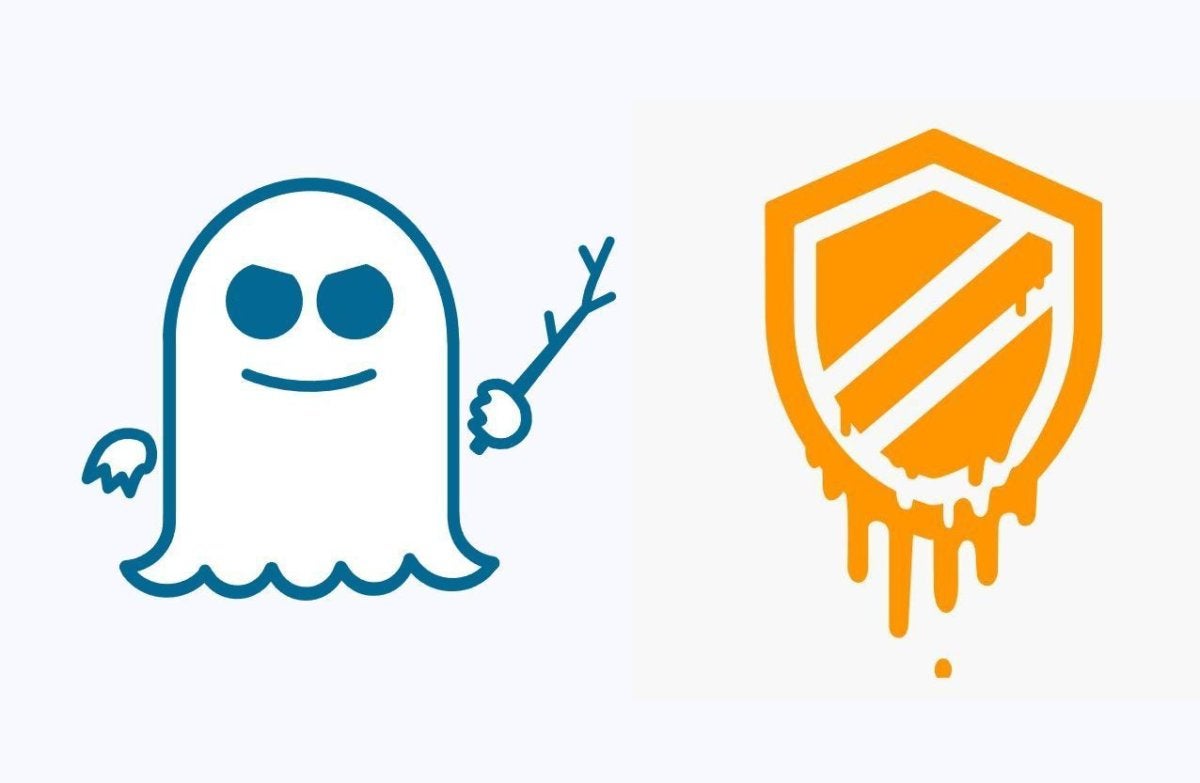 My first thought when I saw this email was that it's from someone with the same name as the guy
My first thought when I saw this email was that it's from someone with the same name as the guy from Arrested Development. Of course, that's Michael Cera!
The only thing missing is a link or attachment.
Of course, there are tons of emails like this around. And people do respond.
Would you respond? How many people at your workplace would respond? How would you help people recognize this kind of email and not respond?
International Debt Funds Recoup Unit of
United States Department of the Treasury Washington DC.
1500 Pennsylvania Avenue, NW;
Washington, DC 20220
Hello,
International Debt Funds Recoup Unit, incorporated November, 2016 as affiliate of United States Department of the Treasury Washington DC, established for the control of recouped international debt funds, within the short time of this establishment, we have experienced unprecedented growth in the fight to eradicate scam and terrorism.
With Our vast experience cutting across several facets of the world and affiliations with numbers of reputable foreign and local organizations, International Debt Funds Recoup Unit has brilliantly done very well in contributing to the effort of the American Government to curtail fictitious and nefarious activities of scam via the internet, which is perpetually taken out on citizens of United States and innocent citizens of other part of the world by impostors through our vast networking.
We implore your earnestly attention on our resent activities in affiliation with Federal Bureau of Investigation FBI. Your computer and telephone communication were under surveillance device manipulation on discovery that you have been in communication with impostors, imposing as important dignitaries to the undisclosed organization.
The transaction database of Western Union and Wal-Mart Money Gram recently went through screening on evidence for transaction made on your name overseas and the statements of your bank account were properly studied on evidence for transaction made within the states and overseas. However, the collective findings urged the setup of multifaceted maximum security on your everyday activities most specially your email correspondence and telephone communications.
The state of affairs grows to be interesting that intelligent agent of International Debt Funds Recoup Unit and Federal Bureau of Investigation FBI,
where deployed to investigate on issues of debt funds as a result of Contract Payment Funds, Lottery Winning Funds and Inheritance Funds owe to you by the undisclosed conglomerate under impersonation of impostors imposing as important dignitaries to rip you off your hard earned money and to our dismay, it was discovered that your name appeared as owner of funds valued US$10.5Million United States Dollars.
Representatives of American Government bureaus sent on your behalf on this exploit confirmed that the blueprint of your funds recoup was plain and the outcome of the event was a solution to curtail activities of con artist and indeed a perfect solution to your quest on your funds. The recouped funds are deposited in the pecuniary basement of the International Debt Funds Recoup Unit here in Washington.
To apply for claims, we urge you to reconfirm your personal information stated as following below; the details will be used to conduct lawful underlying principles of verification on your reputation as the beneficiary own of the recouped funds lodged in our basement.
1. First Name:
2. Middle Name:
3. Last Name:
4. Home Phone Number:
5. Cell Phone Number:
6. Home Address:
7. Date of Birth (mm/dd/yyyy)
8. Driver's License/ Passport Copy:
9. Marital Status:
10. Current Employer Name:
11. Position/Title:
This is compulsory instruction. REPLY BACK TO THIS ADDRESS ONLY IF YOU WANT FAST RESPONSE TO YOUR E-MAIL ( mrmichealcenadesk@webmail.hu )
God Bless America.
Sincerely yours,
Mr. Michael Cena
I do enjoy these kinds of emails! It unfortunate that some people do fall for these scams. Interesting that this one doesn't ask for my SSN, but wants a copy of my driver's license and/or passport - that can be very valuable to the scammer.
While there are no links or attachments here, but is still danger. I've written about these kinds of scams in the past, and the prior advice still holds.
- You didn't win! An unsolicited email promising some kind of prize or payoff is not real.
- Don't respond to unsolicited email. It just lets the spammer know you are a live person. And definitely don't respond and provide information about yourself.
- Use care with links in unsolicited email. There's a good chance that link leads somewhere you don't want to go... like a phishing site or a malware download.
- Watch out for attachments... even pictures. Stop and think before you click on that attachment. Even if it looks like it came from a friend. Were you expecting the email and attachment?
- Be stingy with your personal information. Much of what happens in today's world happens online. And you will have to provide some information sometimes. But every site doesn't need all your personal information. And just because a site asks for information doesn't mean you have to provide it. Before you fill out that form, stop and think, then decide how much information you want to provide.
You can find a few more tips here. These steps can help you at home and at the office.
What's your favorite example of this kind of scam?






